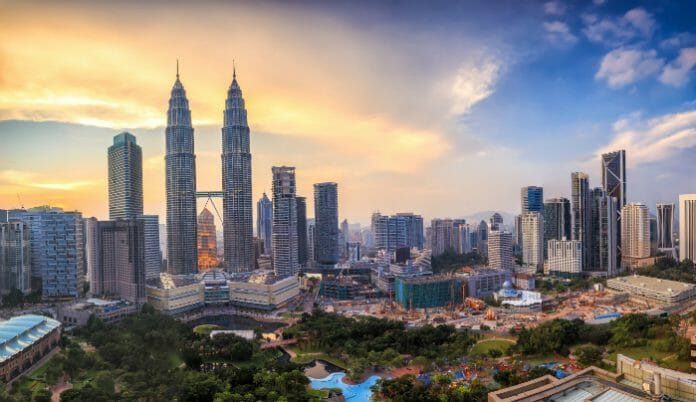According to the latest edition of the World Bank Malaysia Economic Monitor: Sowing the Seeds, the Malaysian economy is expected to grow by 6.7 percent in 2021 following a projected contraction of 5.8 percent in 2020 caused by the Covid-19 pandemic,
The successful containment of the third wave of Covid-19 infections and effective roll out and distribution of vaccine could lead to a faster-than-expected recovery in consumer demand, greater investor confidence, and consequently a more robust recovery in domestic economic activity in 2021
Signs of recovery are showing with Malaysia posting a smaller contraction of 2.7 percent in Q3 2020 compared to a 17.1 percent in Q2 2020. Fiscal measures like cash transfers and wage subsidies have boosted household spending with private consumption contracting 2.1 percent in Q3 2020 compared to 18.5 percent in Q2 2020.
However, the recent surge in Covid-19 cases and renewed movement controls could slow recovery down due to uncertainties surrounding the deployment of an effective vaccine and the robustness of a rebound in global growth that will influence the pace of economic recovery .
Containing the pandemic and protecting the most vulnerable remain the topmost near-term priorities. The report expects Malaysia to return to its pre-pandemic trend at a modest pace over the medium term. As health risks diminish and the economy continues to recover, efforts will need to gradually shift from focusing on near-term policies to facilitating economic adjustments to enable new growth in the post- pandemic environment.
“Seizing new growth opportunities and overcoming potentially long-lasting challenges brought on by the Covid-19 crisis will necessitate bold structural reforms in the medium term,” said Mustapa Mohamed, Minister in the Prime Minister’s Department in charge of the Economy.
“Malaysia needs to take advantage of its recovery from this crisis to emerge as a more durable and inclusive economy in a
structurally different post-pandemic future. This edition of the World Bank Malaysia Economic Monitor presents a timely analysis that will help us promote a sustainable economic recovery.”
“The protracted economic impact of the Covid-19 pandemic underlines the importance of adopting a dynamic approach to policymaking – through which a clear set of strategies can be developed for different phases of economic recovery – based on difficult trade-offs between providing relief today and stimulating growth tomorrow” said Ndiame Diop, World Bank Country Director for Brunei, Malaysia, Philippines and Thailand.
The Covid-19 crisis has also drawn attention to Malaysia’s food system and the continued relevance of food security, as well as the need for food policy to focus on a wider range of risks and opportunities. The report’s special focus on the agriculture sector highlights the importance of modernizing and diversifying the agrofood sector and transforming into a more dynamic “farm-to-fork” food economy.
Such a transition will help advance other national development priorities including the boosting of shared prosperity. The 12th Malaysia Plan provides a crucial opportunity to lay out the agricultural sector’s potential and the role of government in facilitating its transformation.
In both their aims and approaches, policies deployed should aim to improve food security, enhance agricultural livelihoods, modernize and inject dynamism into the agrofood economy, and ensure its resilience, competitiveness and sustainable growth.









